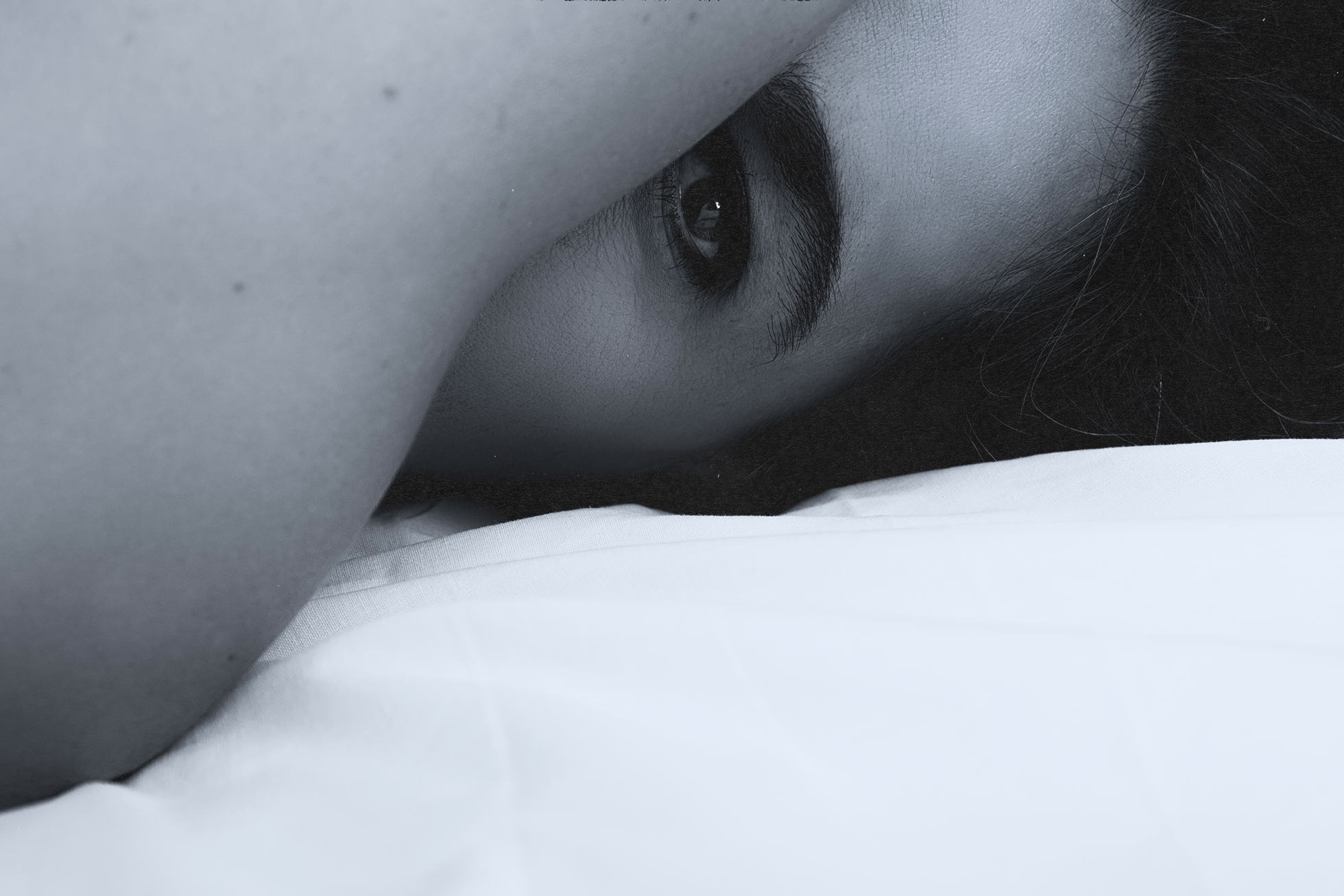Have you ever had an incredibly intense, highly passionate relationship or ? While your senses are heightened and you feel incredible throughout, snapping back to reality after it ends can be really difficult for most people. In the , many folks who know this feeling well—namely, this kind of emotional nosedive is known as “sub drop.” It’s easy to associate the terms “Dominant” and “submissive” with the infamous trilogy, and although they might not be the representation of a healthy , they do offer some good examples of the downsides to this kind of power exchange.
For example, submissive main character Ana essentially demonstrates sub drop after an intense BDSM scene with her Dom, Christian, when she realizes they won’t be sleeping in the same bed. This means she won’t to support her coming down from the highly emotional and rigorous physical experience they shared, causing confusion, tension, and ultimately Ana to question whether she can handle the dynamic. Of course, this is a melodramatic portrayal of a fictional Dom/sub relationship, so it’s important to note that sub drop looks different for everyone, and it can show up in many different ways.

According to sex counselor , it can be compared to the feeling of coming down from a sweets-induced sugar rush. “During a kink scene, the brain releases a rush of neurochemicals like dopamine and serotonin, which can lead to a high,” Sohn says. “However, when these chemicals subside, a person may experience a drop in mood and energy, much like the crash after a sugar rush.
” Whether you’re currently in a Dom/sub relationship or want to explore one for the first time, it’s a good idea to be aware of how sub drop feels, when it’s most likely to happen, and how to handle it if it comes up. Ahead, sex experts dive into the impact of sub drop and share tips for getting through it. What Is Sub Drop, Exactly? Like Sohn explains, the simplest way to think of sub drop is like a sexual sugar rush; an intense high with a Dom, and a psychosomatic—felt both psychologically and physically—crash afterward.
It may sound scary, but rest assured that sub drop does not (and will not) happen to submissives. That said, it relatively common in the kink community, and it can occur in even more experienced Dom/sub couples, says sex educator and sexologist . “Psychologically, people can feel sad, emotionally numb, exhausted, and/or relieved,” says Stewart.
“It really depends on what the scene was and how they are connected to the person(s) they are doing the scene with. Sub drop is most likely to occur when there is more physical demand on the body, but it can happen with every scene. I particularly see sub drop when there have been impact or , but any scene is capable of causing sub drop.
” And although sub drop tends to happen after really intense experiences, it can still pop up unexpectedly in less-heightened situations. How Does Sub Drop Feel? As with any sexual or , sub drop feels different for everyone. One person may only get stuck in the crash for a few hours, while some subs can struggle for days, or even weeks.
Autumn, a 43-year-old submissive, shares that sub drop impacts her emotional energy and motivation. “I tend to experience it a few days after a ‘scene’ or other equally intense high (a weekend away with a partner, for instance),” she says. “I’ll usually take that day or so for some self care, working to be gentle with myself.
‘Drop’ is really just a chemical process in the brain.” Angie 37, another sub, likens the feeling to post-vacation blues. “For me, at its worst, it's a light depression.
Not wanting to do anything and sleeping all day. It comes on about two days post-scene. If I play on Friday night, I will experience it on Sunday.
I have to plan for it in advance, as I experience it frequently.” This can make snapping back to reality after an tricky for a lot of subs, but as Angie says, it’s something you can prepare for ahead of time if you think there’s a chance it could happen to you. How Can I Get Out of Sub Drop? While sub drop can sound super scary (or even make you hesitate going into a scene or ), there are techniques and safeguards you and your partner(s) can put in place to lessen its impact, and it all starts with .
“It's more likely to feel challenging if you haven't discussed aftercare with your partner or set aside time to process the experience. Without this preparation, the emotional hangover can feel more intense,” says Sohn. Having these conversations can be as easy as or setting up a separate aftercare space for post-scene support from your partner(s).
“As a sub experiencing sub drop for the first time, it's always best to negotiate with your scene partner ahead of time about your aftercare,” Stewart explains. “Having this prepared will help you have a more complete experience, and it's a great way to transition out of the scene.” She suggests expressing your needs clearly, , a soft blanket, something to drink, or a about what you both loved from the scene and what you’d like to try in the future.
Above all, trying to avoid sub drop at all costs shouldn’t be the goal, says Sohn. It’s simply something that can just —even with the utmost care and preparation—so your focus should lean more on the aftercare and comfort you think you’ll need after. “Experiencing sub drop for the first time can feel like waking up in a new city without a map,” Sohn says.
“It's helpful to acknowledge the experience, understand that it's normal, and reach out to someone you trust to talk about what you're going through. Ensuring that you're well-supported can make the transition smoother and less intense.” Remember: No matter what you decide you need, it won’t be too much for the right Dom, so you can go into any scene knowing that sub drop is no match for your connection.
Lexi Inks (she/her) is a lifestyle journalist based in Jacksonville, Florida. She has reported on countless topics, including sexual wellness, astrology, relationship issues, non-monogamy, mental health, pop culture, and more. In addition to Women’s Health, her work has been published on Bustle, Cosmopolitan, Well + Good, Byrdie, Popsugar, and others.
As a queer and plus-size woman with living with mental illness, Lexi strives for intersectionality and representation in all of her writing. She holds a BFA in Musical Theatre from Jacksonville University, which she has chosen to make everyone’s problem..



















